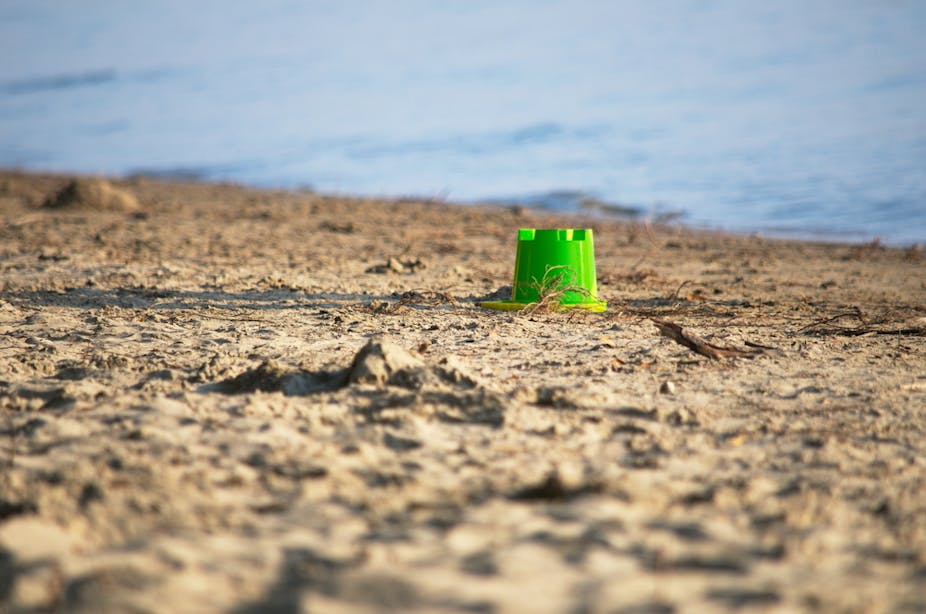5As Allan Sherman and Lou Bousch once said, in their famous parody song about the fictional Camp Granada,
camp is very entertaining. And they say we’ll have some fun if it stops raining
Unlike our North American cousins, for most Australians, formalised school holiday learning, such as camps, are not the normal experience. In fact, a Household Income and Labour Dynamics study in 2003 found that found that only 12% of school-aged children up to 15 attended a formal school holiday program. However, for parents who have the time, the resources and the ability, there is much they can do to keep the learning happening over the long summer break.
Formalised instruction over summer
Some universities run formal courses over summer. For example, The University of Adelaide runs short courses for Year 11 and 12 students to prepare them for future tertiary study and keep study skills front and centre.
Similarly, for younger kids, formalised activities are run through many Outside School Hours Care facilities. For example, this one is in Queensland and offers sports oriented activities that encourage
children to meet and make new friends, try new things and participate in sports-oriented activities
Many of these groups exist around Australia.

North American style “camps” exist in Australia as an option too. However, unlike Camp Granada, these Australian camps run for 7-10 days and claim some incredible results. The results include academic and behavioural improvements, as well as improvements in confidence, motivation and self-esteem. The YMCA runs camps as do other organisations. Their camps include day camps for children five years and over and residential camps for older children aged 8-15.
Schools may even assign homework over the summer break. Homework may be prescribed in order to facilitate a leg up in the following year’s work. However, this is often discredited as it may lead to burn out, and there’s no evidence that homework over the break actually improves learning.
Informal activities that might be interesting
Other informal activities are also available. The YMCA offers fitness programs over the holidays as do other organisations. These programs include jumping castles, cooking, water slides and magic shows. Many local councils offer activities too. For example, Brisbane City Council offers story time, ballet lessons, bus tours and other activities.
Some leisure centres offer other activities including drama and art workshops, tennis lessons and other more school based activities including writing workshops.

The aim of these activities is to keep children busy, to “bust boredom” and to give parents a break. Many museums also offer activities over summer. The Christmas holiday period is traditionally one of opening up institutions to families and children. For example, the Queensland Museum offers activities over the holidays to Outside School Hours Care groups and to families.
Shopping centres also offer school holiday activities. Not withstanding the obligatory Santa Photoshoot, these activities include animation workshops, storybook development and even gardening. While they are advertised as “free”, it must be asked if it is truly free in the sense that parents aren’t going to go there and spend up big while their children are happily engaged in the Prendi Animation Centre.
Benefits of summer holiday activities
The biggest benefit may well be the child minding these activities offer cash strapped working parents.
They may also act as boredom busters, so that familiar refrain of “I’m bored” (which my daughter always repeats after watching Peppa Pig), is lessened for parents whose patience may wane with the increasing heat. Of course, the centres that offer these services are frequently air-conditioned. In addition, if it’s the shopping centres, you can always get the Christmas shopping done or return those socks you didn’t want while your children are happily learning a new skill. A parenting hack for sure.
Drawbacks of school holiday activities
Firstly, the cost can be prohibitive. For example, the camps I looked at can cost more than A$500 per child. This price may put it out of the reach of many families over Christmas which is traditionally a time when parents spend up big - before spending up big on the back to school requirements.
Secondly, some parents may be loath to hand their children over to a camp when they may also be paying for Outside School Hours Care holiday minding.
Thirdly, the children might just need a break, to be self directed and even, dare I say it, to play. There is a lot of evidence to suggest that play is the best learning for young children in particular.
Another problem may be the “free” activity may have some associated add-on costs. Parking, shopping and other costs may creep up and make the excellent free activities seem a little less free than the advertising might suggest.

